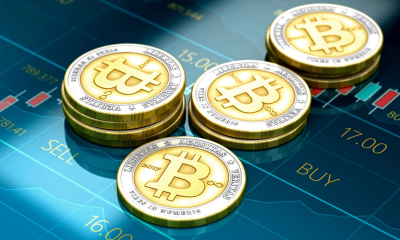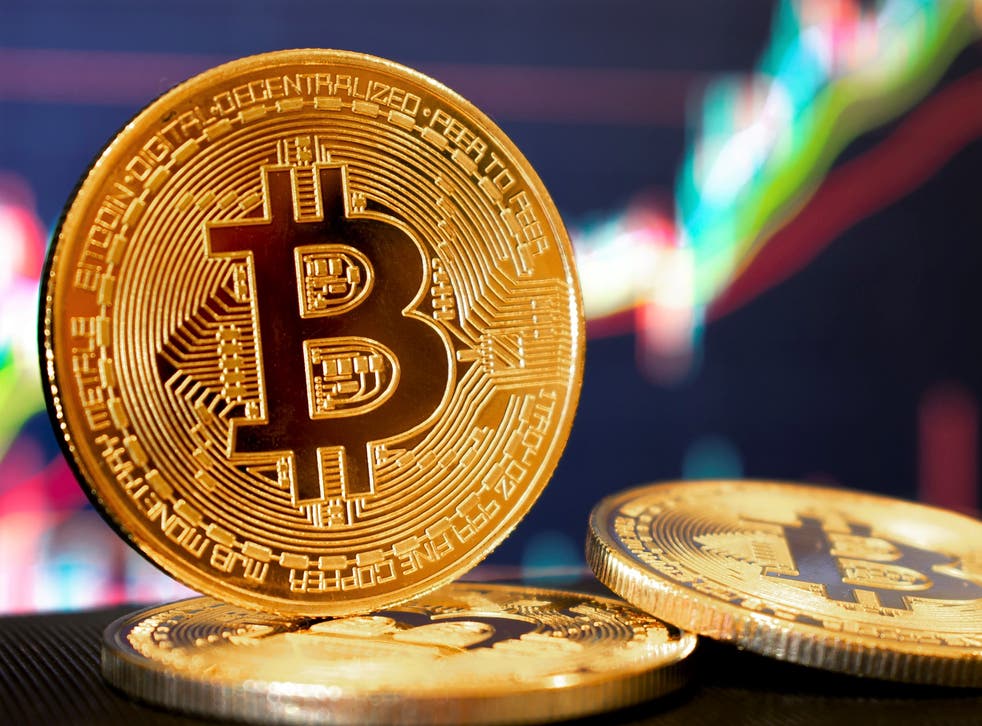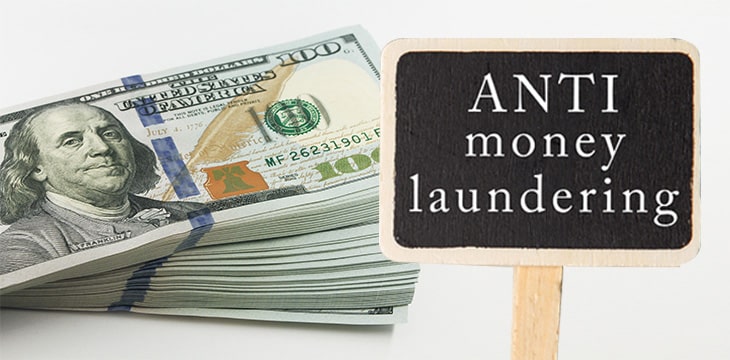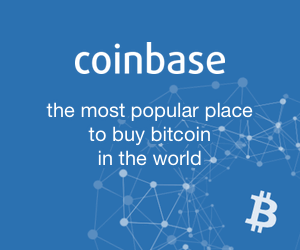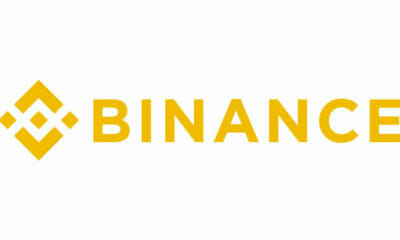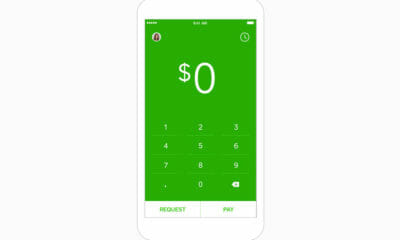In January, billionaire investor George Soros ripped cryptocurrencies, saying the asset class is too volatile to replace traditional currencies. Now, Soros is eyeing trading cryptos, according to various media reports.
Soros Fund Management, the billionaire’s family office operation, which has $26 billion in assets, is looking to trade digital currencies.
“Adam Fisher, who oversees macro investing at New York-based Soros Fund Management, got internal approval to trade virtual coins in the last few months, though he has yet to make a wager, according to people familiar with the matter,” reports Bloomberg.
At the World Economic Forum in Switzerland earlier this year, Soros bashed bitcoin and other digital currencies. The price of bitcoin, the largest digital currency, is off more than 40% since Soros made those remarks and has lost about half its value just this year. Bitcoin traded just under $7,000 at this writing Sunday, meaning it has lost nearly two-thirds of its value since its December peak.
Others Following Suit
Soros is not the only famed financial name to recently get involved in cyrpotcurrencies. Last week, it was reported that Venrock, the venture capital arm of the famous Rockefeller family, said it is partnering with New York-based CoinFund “to help entrepreneurs build businesses based on blockchains, the hot distributed ledger technology that first came to prominence with the development of Bitcoin a decade ago,” according to Fortune.
Some industry observers believe the addition of more big-name institutional investors to the crypto market will help the market mature, potentially enhancing liquidity in the process. Recent data suggest many professional investors remain leery of digital currencies with the bulk of that group not planning to make crypto investments this year.
While not necessarily a famed investor on par with the Rockefellers or Soros, the Crown Prince of Liechtenstein recently said his family could look to diversify its investment portfolio to include cryptocurrencies.
In a recent interview with CNBC, Crown Prince Alois acknowledged that digital currencies are “risky” while highlighting the potential of blockchain, saying “Blockchain will change a lot of things, it could even help make our state more efficient the way it is administered.”



